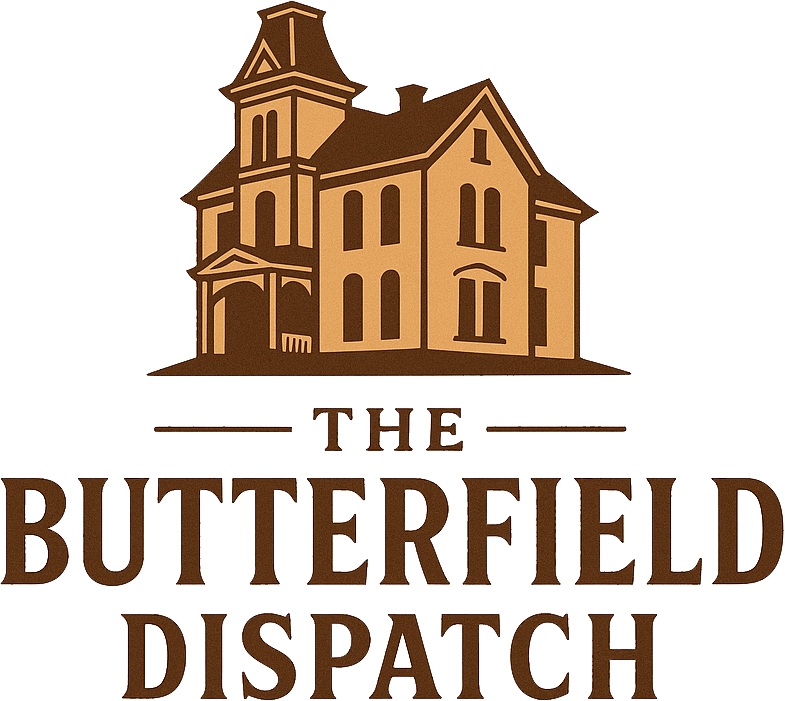The Butterfield Dispatch
Archives
Perils and Pioneers on the Overland Trail


Subscribe

The Butterfield Dispatch
Archives
Perils and Pioneers on the Overland Trail

Butterfield Dispatch Staff
Oct 18, 2025
Trivia Question❓What famous former U.S. President claimed Fort Smith, Arkansas as his childhood home for a brief period of time? Answer at the bottom of the newsletter |
From Dust and Danger to Discovery |
Welcome back to The Butterfield Dispatch, where the past still echoes along the trails that built the frontier.
This week, we revisit the Overland Route — a journey not just of miles, but of grit and endurance.
Our lead story explores the perils faced by stagecoach drivers and passengers who risked everything to keep the mail moving west.
Then we turn to a smaller mystery: why “Despatch” once carried an extra letter — and what that tells us about a changing America.
The dust, the daring, and the details — they’re all part of the story we keep uncovering, one trail at a time. |
The launch of the Butterfield Overland Mail in 1858 promised a daring journey: six days from St. Louis to San Francisco, traversing nearly 2,800 miles of unforgiving terrain.
The operation demanded unyielding resolve from its drivers and passengers, facing daily dangers hidden behind the romance of the open trail.
Coaches moved nonstop through deserts, mountains, and rivers, braving floods, rattlesnakes, and prairie fires that threatened to halt progress at any moment.
Outlaws, Apache raids, and highway robbers added ever-present human threats.
Guards rode armed, prepared to defend the precious cargo of mail, gold, or payroll at a moment’s notice.
The heart of the line was its drivers, like John Butterfield’s famed conductors, who persevered with sheer determination, swapping teams at remote stations and never missing a delivery.
The Butterfield line became the nation’s lifeline, proving that even amid wild hazards, America’s promise of connection would endure. Read More... |
Interesting Facts |
|
If you spot the Butterfield Overland Despatch spelled with an “e,” it’s not a mistake.
In the mid-1800s, “despatch” followed British convention—the preferred form for military and business language of the time.
As America’s frontier pushed west, the spelling shifted along with the culture.
By the 1870s, “dispatch” became standard in American newspapers and government records, leaving out the extra “e.”
The Butterfield Overland Despatch—established in 1865 by David A. Butterfield—proudly kept the British spelling on everything from signs to letters, and even competitors sometimes mixed both versions.
This change in spelling wasn’t merely grammatical—it captured a broader national shift as America forged a direct, less formal identity.
Whether “dispatch” or “despatch,” both reflect a frontier spirit: getting things delivered swiftly, reliably, and with grit. Read More... |
💡 Answer to Trivia Question: Bill Clinton. |